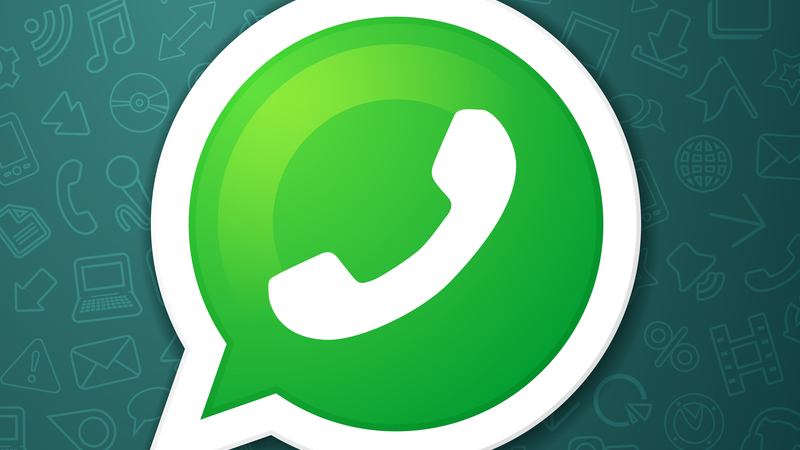It's beginning to feel like we're posting about message or phone call-based scams on a regular basis, but it's little surprise. With a world that’s more connected than ever, there are far too many avenues for criminals to exploit, and millions of potential victims that all own smartphones.
Unlike some of the previous scams we’ve seen, such as the fake voucher message that was discovered last year, this hoax has an element of truth to it, which the criminals hope will be more likely to make people fall for the scam. Below, we’ll look at the most recent WhatsApp scam that’s going around, as well as how to avoid it.
About the hoax message
The scam starts with a simple message being received through WhatsApp, which will originate from one of your saved contacts, making it look more legitimate. It encourages recipients of the message to forward it on to other contacts, as well as making a reference to ‘WhatsApp Gold’, a spoofed version of WhatsApp that charges users money to download, as well as likely being loaded with malicious software. The full message reads as follows:
If you know of anyone using WhatsApp you might pass on this. An IT colleague has advised that a video comes out tomorrow from WhatsApp called martinelli do not open it, it hacks your phone and nothing will fix it. Spread the word. If you receive a message to update the Whatsapp to Whatsapp Gold, do not click!!!!! Now said on the news this virus is difficult and severe. Pass it on to all."
The content of the message doesn’t typically vary, and as you can see it’s easy to spot from a mile away owing to the poor spelling and grammar used within the message. That said, the video that it warns of doesn’t seem to exist and probably never has.
There aren’t usually any links provided in the body of the message, so it’s unclear what the purpose behind this hoax is. Perhaps the makers of ‘WhatsApp Gold’ are trying to incite interest in the application without wanting to directly encourage it to be downloaded. Regardless, you should avoid opening any unknown links on WhatsApp unless you can be sure they’ve come from legitimate contacts. Also, you should certainly avoid downloading any suspicious-looking software APK files onto your Android phone, from unknown sources.
One last thing to look out for
Though it hasn't reached our neck of the woods just yet, another WhatsApp scam was found in Singapore this week, and it's worth being aware of what it entails should it make its way to the UK. Police forces in the country have been receiving reports of peoples’ WhatsApp accounts being taken over by scammers.
This scam involves the receipt of a message from a known contact through WhatsApp, whose account has likely already been compromised by the scammers. Simultaneously, the scammers will request password reset codes for the victim’s account, which would be sent via a text message to the unsuspecting victim.
If the victim hands over the codes to the compromised account, then they'll lose access to their account, too. All these compromised accounts are then used to deceive their saved, known contacts into buying gift cards and providing the passwords, which the scammers would then advertise and sell online.
Contact WiseGuys for advice
The most important pieces of advice that we can provide to you for avoiding text message-based scams, are as follows:
- Don’t put your personal details or financial information into websites you don’t recognise, and avoid sending pictures of your bank cards in chats. Though encrypted, if your account is compromised, the hackers could have access to these messages;
- Try not to open strange-looking web links that are sent to you on messenger applications or via text message, even if you know the contact;
- Never download any unverified applications from dodgy websites – use either Google Play or the Apple Store, depending on your device type.
If you’ve received a message that appears suspicious, or even worse if you’ve clicked on something that you don’t think is legitimate, then you can contact WiseGuys for advice on 0808 123 2820. We’ll be happy to discuss and alleviate any concerns you may have.



Recent Comments